When you are on short term disability, your earnings are limited. But can you get a mortgage while on short term disability? Will the lender be willing to look at your actual incomes instead of the short term disability benefit that you are getting? Let’s find out.
Contents
Most Americans dream of staying in their own home. But unfortunately, 54 million disabled Americans don’t have their own home or don’t enjoy their own space.
Disability conditions make it hard to buy a home because you have to face financial hurdles like medical expenditure, supporting family, etc. Fortunately, you can get a home loan while also getting disability benefits.
So, can you get a mortgage while on short-term disability insurance? You can get a mortgage while getting a short-term disability, but the process may be a bit harder.
You have to assure the lender that you will return to work within a specific date. You have to give medical evidence that shows that your injury or illness is improving. Let us discuss more about home mortgages for individuals getting disability benefits. Keep reading the article for more information.
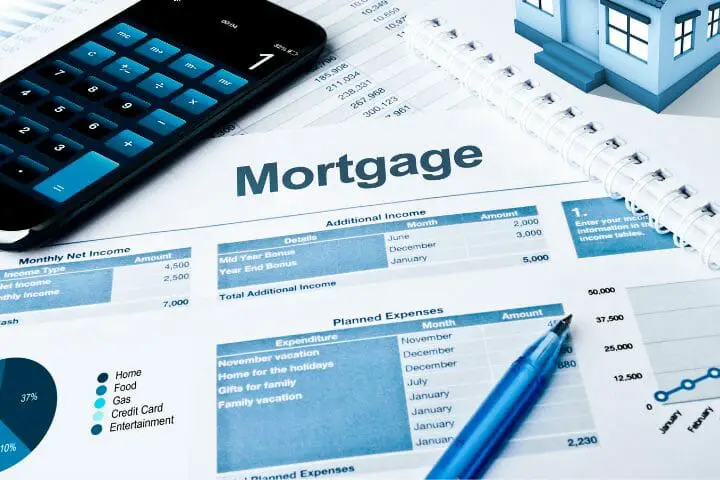
Can You Get A Mortgage With Short-Term Disability?
You can use your disability income to get a mortgage. Home buying loans or mortgage loans are usually sanctioned for individuals who receive long-term disability benefits for at least three years.
But it’s a bit difficult to get mortgage loans if you are receiving benefits for short-term disability because the lender is not confirmed about the date on which you will return to your work or whether your disability benefits will be extended.
If you can document that you have a job and you will continue your work life after a short-term disability, the lender will consider your disability benefits and the consistent income you receive before getting disabled and give you a mortgage loan.
You may also be asked to submit a letter from your doctor, who will be sure about your recovery and returning to the office on a scheduled date.Complications arise when you cannot guarantee that the date you will be returning to your work life or disability benefits is not sufficient to cover the mortgage.
We will be discussing below the specific documentation that you require in order to get your mortgage.
You might also like to read: Worker’s Compensation Vs. Disability Insurance
Disability Income Documentation Required For Getting Mortgages
The Government ensured the Federal Housing Administration loan and issued either by the bank or any lender approved by the Government agency. These loans require a lower down payment than other loans.
The FHA income guidelines say that the lender needs to verify whether you are receiving disability benefits or not and if yes, that should continue for a minimum of three years.
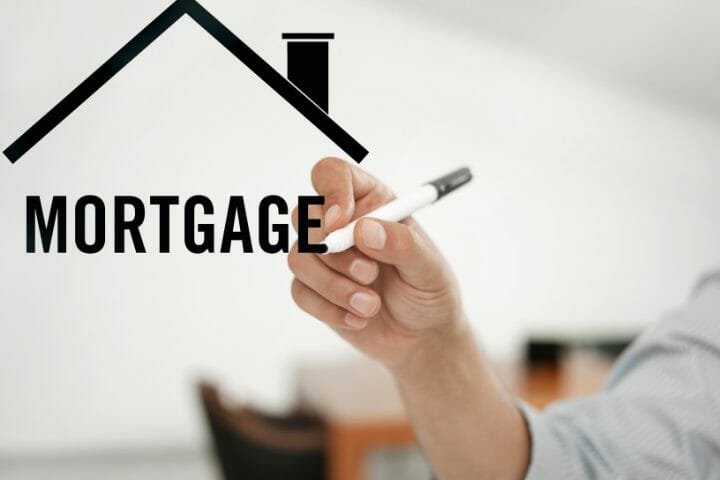
Social Security Disability Income Guidelines
Suppose you want to use Social Security disability benefits in getting an FHA loan. In that case, the lender will require you to submit an Award letter from the Social Security Administration(SSA) or any document which provides all the details of your disability benefits. Moreover, you need to provide at least one of the below documents.
- Tax returns that show the history of receiving disability benefits.
- Recent bank statement which will show a deposit of disability benefits from SSA.
- Copy of budget letter or benefits letter from SSA.
- Copy of SSA 1099.1042S form
If you provide any of the documents described above, it will be easy to get an FHA loan.
Private Disability Income Guidelines
You get private disability benefits either from your employer, insurance provider, or any private entity and can use them to get an FHA loan. But you need to provide documentation that will prove that your disability benefits will continue for at least three years.
Moreover, you need to provide at least one of the documents which I am describing below.
- A copy of your bank statement which shows deposits of disability benefits made by a private entity, employer, or any insurance provider
- Copy of recent tax returns.
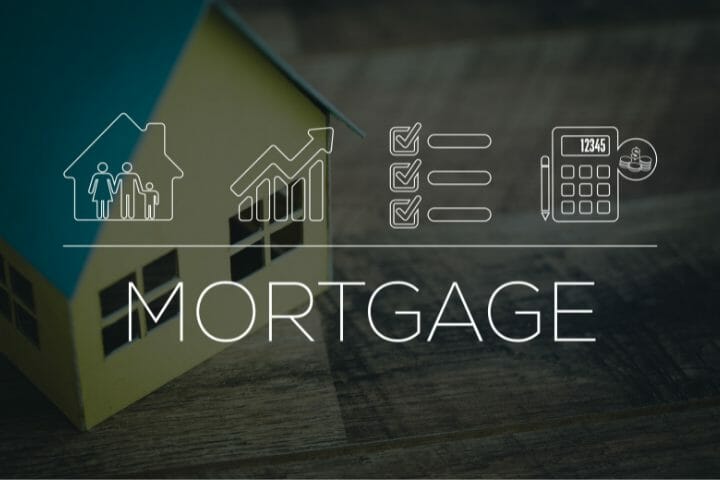
Temporary Disability Guidelines
Suppose you are receiving disability for a short period of time. In that case, the lender will consider both your disability income and the income you received before getting disabled and then grant the loan accordingly.
The lender will even verify whether you have the intention to return to your work life. Moreover, it will check whether your income qualifies for a mortgage despite reducing income because of disability.
FHA Disability Discrimination
Lenders do not have the right to discriminate against you because of your disability. You cannot be discriminated against based on your religion, sex, color, caste, etc.
Moreover, the lender does not have any right to enquire about what your disability is. The type of your disability and how you have become disabled are irrelevant in granting an FHA loan.
You might also like to read: Long Term Disability Vs Long Term Care
Mortgage Options available For People With Disability
If you are disabled, money can be a challenge for you to purchase a home. If you have low or don’t have any income, then you cannot satisfy the mortgage criteria of the lender.
Fortunately, there are numerous programs of home loans that accept the disability income on the application. The disability income sources include the following
- Social Security Disability Insurance
- Supplemental Security Income
- Long-term disability insurance benefits issued either from an employer or from a private insurer
This disability income is used to grant most home loans, including FHA, VSA, and others.
But some lenders set their guidelines and sometimes don’t accept certain types of disability income. So if you fail to grant a home loan from some lender because of disability income, then you can try to get a home loan from other lenders.
Selecting the right mortgage is a vital step in being home. There are various mortgage options available for people with disability. I am describing them below.
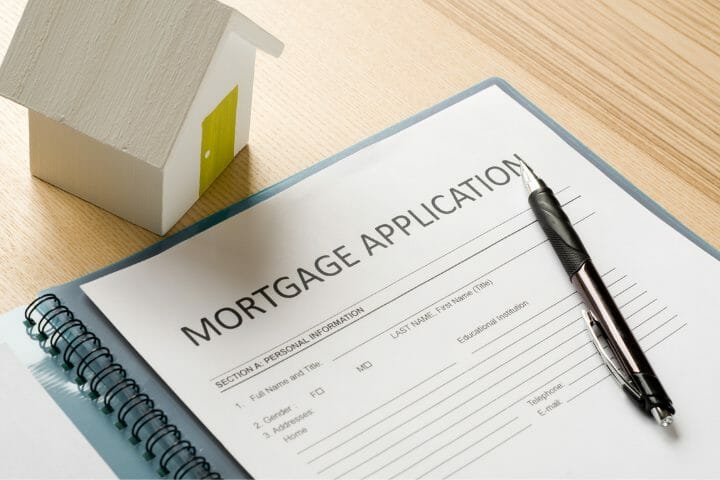
#1. Fannie Mae
If you are a disabled individual ad cannot afford a good amount of down payment, then it’s better to choose a home loan backed by Fannie Mae. Fannie Mae has flexible guidelines like
- You have to give only a 3 percent down payment. For instance, if the house costs $150,000, you have given $4500 as a down payment. The down payment does not need to come from your income sources. You can make the down payment by taking money from your family, friends, or relatives or by using grants.
- The credit score can be 620 or above.
- Low to moderate-income
If you are receiving Social Security disability benefits or Long term disability benefits, you can apply for home loans backed by Fannie Mae.
Fannie Mae program also accepts nonoccupant Co-borrowers, which is one of the best benefits. The nonoccupant co-borrower is the one who doesn’t live with you, but his name can be included in the loan application.
Sometimes your disability income or credit score is insufficient to grant the home loan. You can use the nonoccupant co-borrowers work credit or credit score and income to meet the home loan requirements backed by Fannie Mae. For instance, if your parent or sibling is earning a high income, you can use their name on your mortgage application to get a home loan.
The Fannie Mae program allows you to count others’ income on your application to increase the borrowing power. For instance, if you have less income or your disability income is low, then you can include the income of your friends and family members on the mortgage application to grant the home loan.
The Fannie Mae program will not give you a home loan directly. You have to apply for home loans with a standard bank or lender that offer the Fannie Mae program.
#2. VA Home Loans For Veterans
If you are a disabled veteran, you can get a home loan through the VA loan program sponsored by the Department of Veteran Affairs. One of the best things about the VA loan program is that you don’t have to make a down payment while buying a home. It even offers loans at low-interest rates.
Moreover, there are some additional benefits of VA home loans which I am listing below.
- The Veteran disability income can be used to grant loans.
- You are free from paying the loan funding fee.
- There are no minimum years of military service before grating VA home loans.
- The department of Veteran Affairs may help with grants to a disabled Veteran homeowner for adapting or modifying his house.
- You may be free from giving property tax.
- There is no minimum credit score for getting a VA home loan. However, the lender may require a FICO score within 580 to 620.
However, the rules of VA home loans may vary from one state to another. Sometimes the rules can vary depending on the type of disability. So check the rules before taking VA home loans.
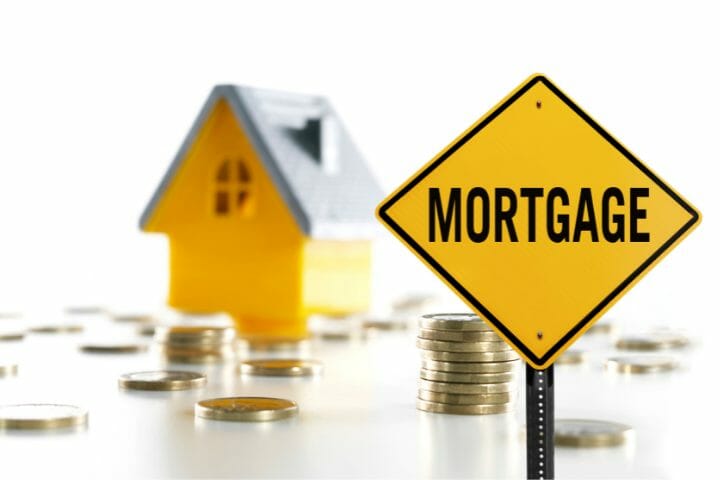
#3. USDA Home Loan For Disabled Persons
The U.S Department of Agriculture grants the USDA home loans. You don’t have to give any down payment for buying a home with disability benefits. The most significant advantage of this program is that it offers home loans at 1percent or less than 1 percent interest rate.
The USDA has set eligibility criteria for granting a home loan. I am listing them below.
- The credit score should be a minimum of 640.
- The home you are going to purchase should be in a rural area, and that needs to be approved by USDA.
- Income should not be 15 percent greater than the area median income.
The home purchased in rural areas approved by USDA should meet a few guidelines, which I am listing below.
- The square feet of the home you are going to buy should not be more than 2000.
- There should not be any inground swimming pool.
- The home you are purchasing should be your primary residence, and you will not utilize the house as a source of income.
The USDA home loans are granted to borrowers who
- Don’t have safe and sanitized housing.
- Should not be prohibited from Government home loan programs.
- Not able to get an affordable mortgage.
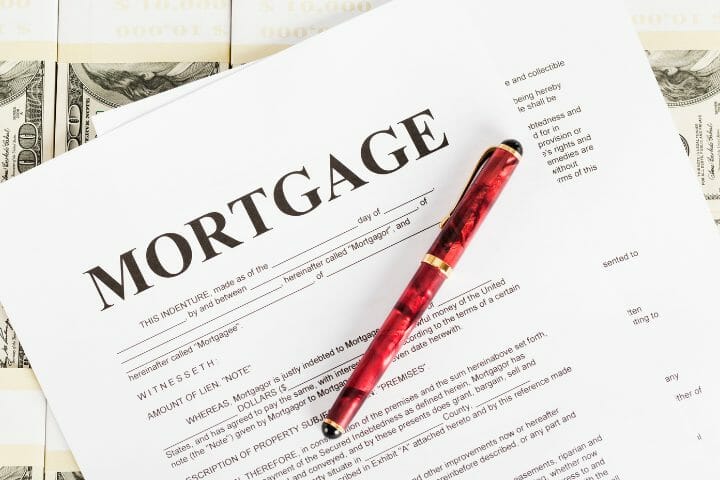
If you qualify for a direct housing loan, you can utilize the mortgage to buy or resell a home. Moreover, they will also provide grants to renovate or repair your house.
The payback period for Housing direct loan is 33 to 3 years. So the extended payback period and low-interest rate will help make payments at an affordable rate.
The regular lender will not give you a direct loan. So, to get the direct loan, you have to apply to the local rural development office. The application process may take a long time, and it may also be inconvenient.
You might also like to read: Your Quick Guide To Long Term Care Insurance
Can You Get Pay Day Loan On Disability?
Getting a loan with a disability is difficult, despite all the options that we mentioned above. However, you can get a payday loan even with a disability. A payday is a short-term loan at high-interest rates.
You can quickly get these loans as you don’t need a high credit score to qualify. The lenders will also not check your bank statements before taking a payday loan.
The lender may require to pay the entire loan amount with all the charges before getting the next paycheck. If you cannot pay all the loan amount within the deadline, you have to pay with more interest while repaying the full money.
Some lenders can extend your mortgage payments for up to three weeks. No doubt, you will get time to repay the loan, but your interest rate will be higher, which may be harder for you to repay.
Are there Home Loans For Disabled persons With Bad Credit?
The credit score plays a vital role in getting a home loan. If you have a high credit score, it will assure the lender that you can repay the money on time.
But if you have a low credit score, then it will tell the lender that you have a chance of overextending the payment or making a delay in repaying the loan.
The average minimum credit score required for getting a conventional home loan is 620. But if you have a bad credit score, you can still get home loans.
For example, if you have a 500 credit score, then you can get FHA(Federal Housing Administration ) loan. There are other options, like USDA and VA loans for getting home loans.
Residual Disability Benefits
The residual disability benefit is the payout of the partially disabled benefits when you are disabled but can work part-time.
For instance, if you have done a disability policy and have an injury that prevents you from working full time. But fortunately, you can work part-time and earn 60 percent of your full-time income.
Suppose the disability policy would have paid you $1500 as a normal benefit. But now the residual benefit will be calculated by multiplying the total percentage loss while doing a part-time job (40 percent) and the money which you have got as normal disability benefit($1500). 40 percent of $1500 is $600.So you will get $600 as a residual benefit every month.

Frequently Asked Questions
#1. Are short-term disability benefits taxable?
If your employer pays a 100 percent premium, the short-term disability benefits will be taxable. But you and your employer can divide the premium into two parts, i.e., 50 percent of the premium will be paid by you, and your employer will pay the other 50 percent. In such a case, if the portion of the premium paid by you is paid after-tax, then your benefits will not be taxable.
#2. What Is Calculated in your debt:income ratio?
You need to sum up all forms of debt payments that you make in a month. Then divide this amount by your monthly income (gross). Take note that debt also includes credit card payments, medical bills, car loans, and others. The gross monthly income is the amount you earn before you are subjected to tax.
#3. Can I afford a house with $20K a year?
Yes, you can afford a house with $20K a year. Your income is vital in getting a mortgage lender’s final decision. However, there are other things that a lender looks into, like your debt to income ratio, credit score, down payment, and various other things while sanctioning a home loan.
#4. What Is Disability Income?
Disability can interrupt your monthly income and prohibit you from paying bills or supporting your family. It’s estimated that 43 percent of people will have a long-term disability by 65 years.
Disability income refers to the benefits you receive when you cannot maintain your work-life because of disability. The insurance helps you to cover the cost of medical expenses and debt and support your family if an illness or injury has affected you and you are not capable of working either for a short or more extended period.
Disability insurance is provided either by the employers, insurance companies by the Social Security Administration, Department of Veteran Affairs, or any Government agencies.
The premiums will be based on numerous factors like the age at which you have become disabled, your occupation, and others. For instance, the premium may be a bit costly if you work in a place that has a high risk of injury.
Disability income will not provide you 100 percent of the income you were getting before getting disabled. It tends to provide 45 to 60 percent of your gross income.
You can use the disability income to qualify for FHA(Federal Housing Administration) loan. But your disability benefits should meet FHA guidelines.
A Few Final Words
Getting a home loan while getting disability benefits is tricky as you have to face financial hurdles. But that does not mean you cannot have a home loan with disability benefits. There are multiple loan programs to help people with disabilities.
For instance, FHA is a loan program that can offer home loans to disabled individuals with low credit scores. So you need to check the interest rates of multiple lenders and then apply for a loan. Thank you for reading the article and hope we covered everything you needed to understand about getting mortgages while on disability.
